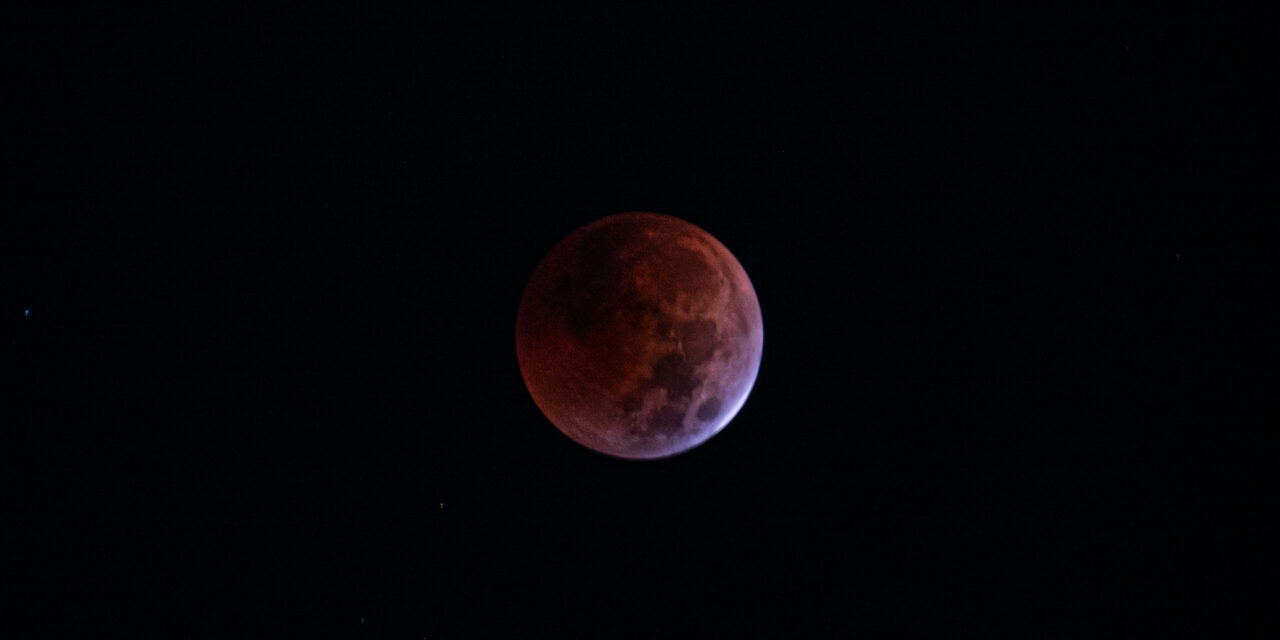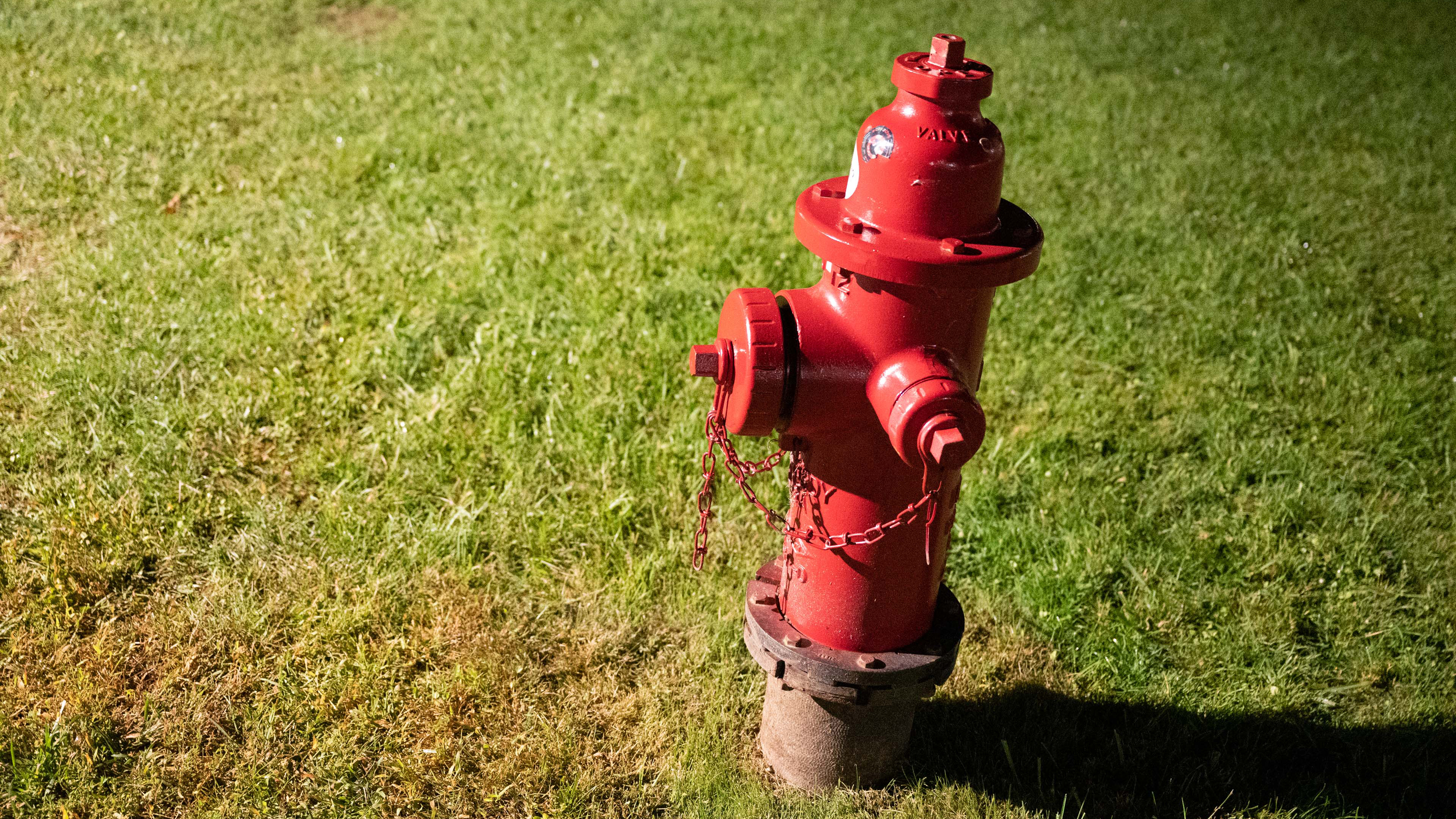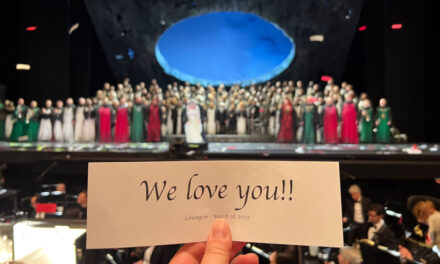I enjoy seeing astronomical events because they give me a sense of orientation. They are beautiful, and sometimes awe inspiring, but above all they show where we are. If you understand the relationship between sun, moon, and earth, then an eclipse is one of the strongest opportunities to visualize where we are in the solar system.
These objects and distances are so tremendously bigger than our selves, yet we can picture them like a flashlight, a melon, and an orange — immense and locked in their orbits, a plane so flat that from time to time they obscure one another.
To me, being able to visualize a universe so much larger than human scale gives a feeling like touching the divine. It humbles the self-importance of our day-to-day affairs, and reminds us the existence of vast powers which dwarf even the entirety of human enterprise.
Things to remember about astrophotography:
As a diurnal species, from birth we think of daytime for activities, and the sun as the facilitator of vision. But in astronomy it is the reverse. We are blind during the day, and only at night does the universe reveal itself.
Don’t forget:
- Astronomy happens outdoors, in the night. Take a nap.
- Clouds ruin many events, so never be lazy if you’re lucky enough to have a clear sky.
- Metal cameras get cold. Bring gloves to warm up hands.
- The ground may have dew, so bring a blanket if you may be sitting.
- Bring a tripod sturdy enough for a long exposure in the wind.
- Take a few minutes indoors to “set up” the camera first.
- Some cameras have a “shutter delay” feature, where you push the button but it doesn’t take a picture until two seconds later. This way, your finger doesn’t nudge the camera. Use this feature, or a remote trigger, if possible.
- Have a extra battery handy. Digital cameras drain fast if the viewing display is left on for a long time while waiting for just the right moment of a multi-hour eclipse.
- Meteor showers often peak just before sunrise. (Not a coincidence! It’s because the sunrise edge is the part of our planet that’s “in front” as the earth orbits the sun. So that’s the place where the earth crashes into things like meteorites.)
- Not everyone might care about these things as much as you do, so don’t pressure them.
One time I viewed a lunar eclipse like this one, on a second date. We have been married 8 years now, and we’re already making plans for the next total solar eclipse, in 2024!






Thank you for the tips.